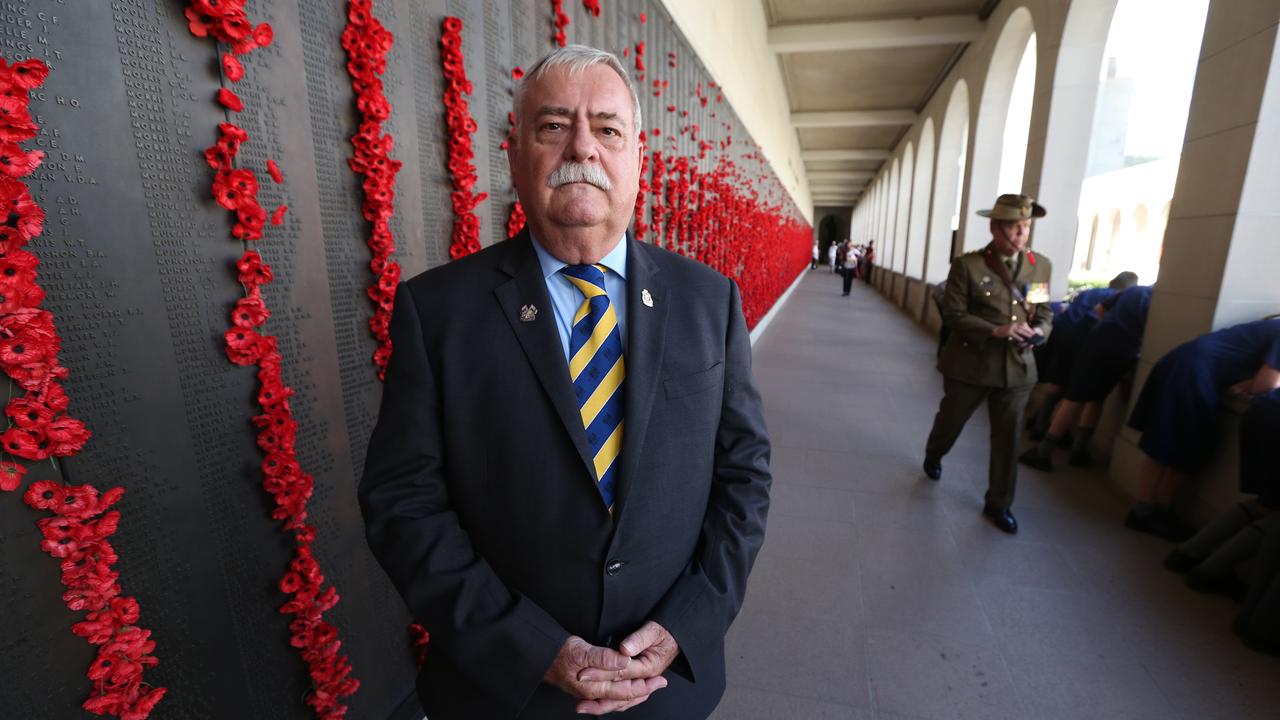Homeland security shake-up to test Turnbull
Labor and the Greens demand expert advice that the national security overhaul will toughen protections against terrorism.

Malcolm Turnbull is facing a test in parliament over his plan to centralise national security powers in a new super ministry, as Labor and the Greens demand expert advice that the overhaul will toughen protections against terrorism.
The government is set for months of negotiation over the new home affairs portfolio after confirming it will need Senate approval for key elements of the reform, putting top security officials under the spotlight over whether the changes are needed.
The Prime Minister declared the changes were his decision and were driven by “operational logic” to bring police, border control and intelligence agencies closer together in order to keep pace with a growing security challenge.
“What I am doing at every stage, every day is seeking to ensure that our professional security services can do their job even better at keeping Australians safe,” he said. “That is what this is all about. It is not about politics. It is about safety — Australians’ public safety.”
Mr Turnbull ended months of speculation yesterday by announcing the creation of a home affairs ministry that would include the Australian Federal Police, the Australian Security Intelligence Organisation and the existing Department of Immigration and Border Protection.
While portfolio arrangements are a matter for the Prime Minister, the amendments to existing powers will run the gauntlet of the Senate crossbench once the national security committee of federal cabinet signs the final plans later this year in order to have the rollout complete by June 30.
Mr Turnbull confirmed there would be “some legislative change” as he vowed to tighten the oversight of the special powers used by ASIO and the AFP to detain and question suspects.
Immigration Minister Peter Dutton will take on the new ministry in a significant advance for one of the government’s key conservative ministers, fuelling Labor claims the changes are designed in part to ease political pressure on the Prime Minister.
The Attorney-General, George Brandis, will lose ASIO and the AFP from his portfolio but will gain more powers to approve and monitor intelligence operations.
The changes will see ASIO and the AFP report to Mr Dutton on operational matters while they also seek approval from the courts and the Attorney-General to exercise special powers.
Labor promised a bipartisan approach to national security but called for the release of advice from peak security agencies showing they backed the reforms.
“I don’t think this is a captain’s call, I think it’s Peter Dutton’s call,” Bill Shorten said.
“Everybody knows that Malcolm Turnbull has to keep Peter Dutton onside so that Malcolm Turnbull can keep his own job.
“I’m very concerned that these proposals aren’t being pushed by our security agencies, they’re being pushed by Peter Dutton as the price of him continuing to support Malcolm Turnbull in his job.”
The Opposition Leader said Labor would “listen to the experts not the politicians” about whether the changes were a good idea.
Mr Dutton told The Daily Telegraph: “Our government has shown resolve to act in the national interest. I don’t think anyone could reasonably level a claim at this government that we’re not conservative and doing everything within our powers in terms of the threat posed to us by terrorism.”
Greens senator Nick McKim warned the promotion of Mr Dutton to an expanded ministry would move Australia closer to being a “police state”.
Liberal Democratic Party senator David Leyonhjelm also questioned the need for change. “I’m wary based on the potential for the abuse due to the concentration of authority,” he said. “But if it offers efficiency benefits with no loss of liberty, I wouldn’t object.”
The Australian understands ASIO has resisted the changes while the AFP has been more open to the new structure.
Asked on ABC TV last night if the agencies wanted the changes, Mr Dutton said he believed the agencies “support very strongly” the announcement.
Independent MP Andrew Wilkie, a former official at the Office of National Assessments, warned the changes could undermine security. “It will make us less safe by disrupting something that is working well,” he said.
Mr Turnbull acknowledged the new ministry was not recommended in a new intelligence review by former top officials Michael L’Estrange and Stephen Merchant, who were advised by Sir Iain Lobban, former director of Britain’s Government Communications Headquarters.
The review, released yesterday, urged the creation of a director-general of national intelligence to oversee an expanded Office of National Intelligence, which will absorb ONA in a bid to tighten co-ordination and analysis.
Former Defence Department secretary and ASIO chief Dennis Richardson said the changes were “primarily presentational” but there was a reasonable argument for the changes to the immigration portfolio.
Current ASIO chief Duncan Lewis said in March that collaboration and co-operation between the national security agencies was at an “all-time high”.








To join the conversation, please log in. Don't have an account? Register
Join the conversation, you are commenting as Logout